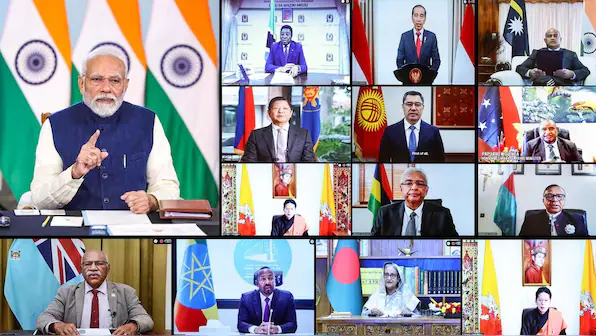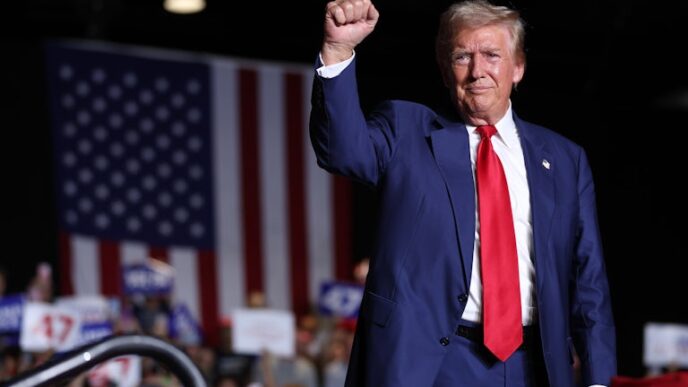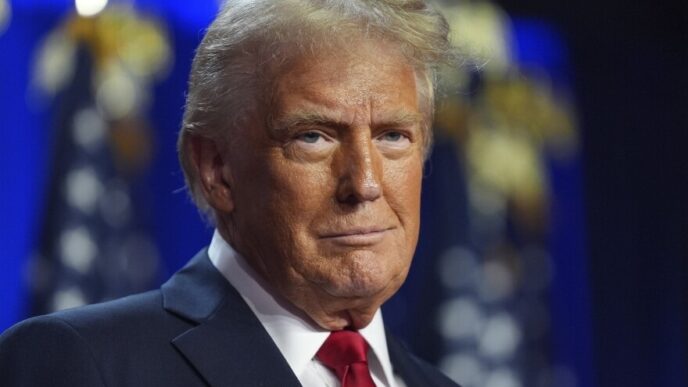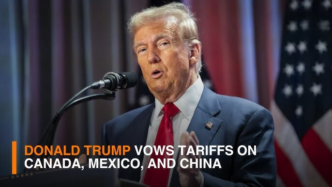Introduction
The recent Global South Summit, hosted by India, marked a significant moment in international relations, bringing together leaders from across the developing world to discuss common challenges and forge a path toward collective progress. As the Global South seeks to assert its place in a rapidly changing world, the summit highlighted the pressing issues and opportunities that lie ahead, with a focus on solidarity, shared values, and the quest for equitable global governance.
Empowering the Global South
One of the most significant outcomes of the summit was the emphasis on empowering the Global South. India played a pivotal role in advocating for the inclusion of the African Union in global decision-making processes, underscoring the importance of a united front in addressing shared challenges. The call for democratizing global governance resonated throughout the summit, with participants stressing the need for reforms in institutions like the United Nations to better represent the realities of today’s world.
Addressing the Challenges of Realizing the Demographic Dividend
The Global South faces a unique set of challenges in realizing its demographic dividend. While many countries boast a young and dynamic population, issues such as debt burdens, liquidity challenges, and the uneven distribution of green technology hinder their progress. The summit provided a platform for leaders to discuss these obstacles and explore solutions, including the critical need for technology transfer and capacity building.
The Debt Burden and the Quest for Sustainable Development
A recurring theme at the summit was the growing debt burden that many countries in the Global South face. This financial strain is exacerbated by the liquidity crunch and the volatility of global markets, particularly in the energy sector. Leaders called for innovative approaches to financing, with an emphasis on people-centric solutions that prioritize the well-being of citizens over mere economic indicators.
The Digital Divide and Connectivity
The digital divide remains a significant barrier to development in the Global South. Participants highlighted the urgent need to bridge this gap, which hampers access to information, education, and economic opportunities. Enhanced connectivity and more resilient supply chains were identified as key areas where international cooperation could make a tangible difference.
Reforming Global Governance
The summit also focused on the need to reform global governance structures. There was a strong call for changes in the UN and other international institutions to ensure they are more inclusive and reflective of the current geopolitical landscape. The analogy to George Orwell’s “Animal Farm,” where all animals are equal but some are more equal than others, was invoked to describe the current global order—an order that the Global South seeks to democratize.
Health Architecture and Capacity Building
Health architecture emerged as a critical area for improvement, with discussions centered around creating robust systems that can respond to global health crises. The importance of training drug regulators and building local capacity to manage public health challenges was underscored as a priority for many nations in the Global South.
Energy, Environment, and Sustainable Development Goals (SDGs)
The summit participants were united in their call for greater resources to accelerate the achievement of the Sustainable Development Goals (SDGs), particularly in the areas of energy and environmental sustainability. Energy security, in particular, was a major concern, with leaders acknowledging the volatility of the global energy market and the need for a stable and sustainable energy supply.
India’s Role as a First Responder
India’s leadership was widely recognized at the summit, particularly its role as a first responder in times of crisis for many countries in the Global South. India’s proactive stance in addressing global challenges, from health emergencies to climate change, was lauded by many participants, who expressed their appreciation for India’s commitment to raising the issues that matter most to them.
Countries at the Leaders’ Session with the Prime Minister
The Leaders’ Session, presided over by the Prime Minister of India, saw the participation of a diverse group of nations, reflecting the broad geographical and cultural spectrum of the Global South. Countries present included Bangladesh, Belarus, Bhutan, Chile, El Salvador, Ethiopia, Fiji, Grenada, Guyana, Lao PDR, Marshall Islands, Mauritius, Mongolia, Nepal, Oman, Sri Lanka, Suriname, Tajikistan, Timor-Leste, Uruguay, and Vietnam. Each of these nations brought their unique perspectives to the table, contributing to a rich and dynamic dialogue on global issues ranging from economic development to climate change and energy security.
Conclusion
The Global South Summit hosted by India was more than just a meeting of minds; it was a manifestation of a growing sense of solidarity among nations with shared challenges and aspirations. The summit succeeded in bringing global south issues to the forefront of international discourse, with leaders voicing their concerns on global matters, from the conflict in Gaza to the challenges of energy security. As the world moves forward, the Global South, with India at the helm, is poised to play a more assertive and influential role in shaping a future that is fair, equitable, and just for all.













